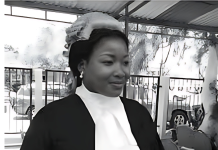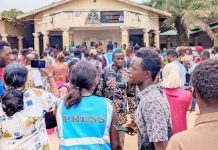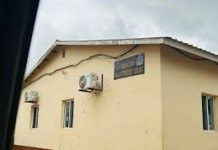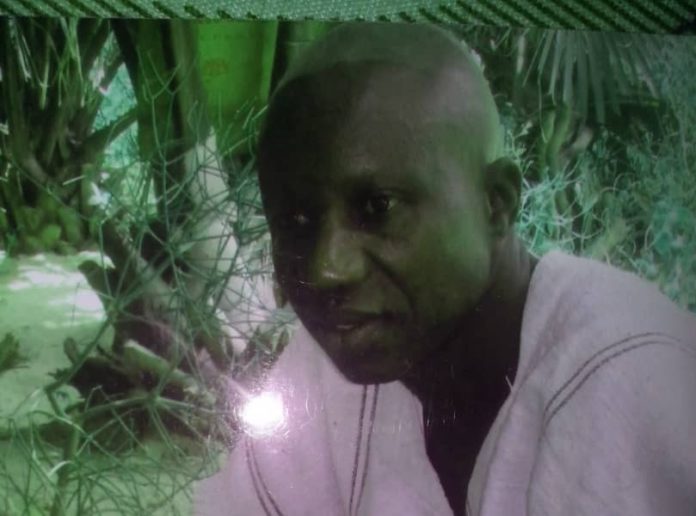By Nelson Manneh
Modou Lamin Jarju, popularly known as Rongo, on Thursday began presenting new evidence at the Banjul High Court in a case that has lingered for years and now returns to the fore following a Supreme Court directive.
Appearing before Justice Sonia at the Banjul High Court Annex, Rongo was accompanied by his legal counsel, Borry S. Touray. Counsel Kebba Sanyang, who represents the opposing party, arrived late and was unaccompanied by his clients.
The case, previously before the Supreme Court, had been remitted to the High Court for the adoption of fresh evidence submitted by Rongo over the years. The Supreme Court granted him the right to present the new materials in support of his claim.
Justice Sonia opened the session by noting Counsel Sanyang’s tardiness before inviting Rongo to take the witness stand. Rongo, under oath, informed the court that he had already submitted two affidavit statements containing the fresh evidence.
Counsel Touray moved for the affidavits to be admitted as exhibits, a motion the court accepted. He proceeded to tender a collection of documents attached to the affidavits, including historical attestations and land-related records.
Among the documents were sketch plans showing the location of Babbilon and its surrounding settlements, including Banjulunding. The materials also included endorsements of Rongo’s land ownership signed by the late District Chiefs Erik Tindeh Janneh and Demba Sanyang, as well as former Alkalo Sheriffo Colley and members of the Banjulunding village council and community elders. Notably, one document featured the signature of Momodou F.K. Kolley, a former Minister of Local Government and Lands, who had also served as Director of Physical Planning.
Counsel Sanyang objected to the volume of documents being submitted, arguing that the materials were excessive and needed to be streamlined. In response, Counsel Touray asserted that all the documents had been previously submitted, served on Sanyang, and approved by the Supreme Court. He accused Sanyang of attempting to delay proceedings in a case that has already suffered prolonged litigation.
“This case has dragged on long enough,” Touray told the court. “The interest of justice demands progress.”
Sanyang requested additional time to review the documents and determine which ones he might challenge, appealing to the court for leniency.
Justice Sonia, however, was firm. She reminded both counsels that the High Court’s role is merely to oversee the proper filing and admission of the new evidence, after which the case file will be returned to the Supreme Court for final determination.
“This court will not entertain delays based on outdated procedures,” Justice Sonia said. “We now operate under improved case management protocols, and the era of unnecessary postponements is over.”
The matter was adjourned to June 4, 2025.



















